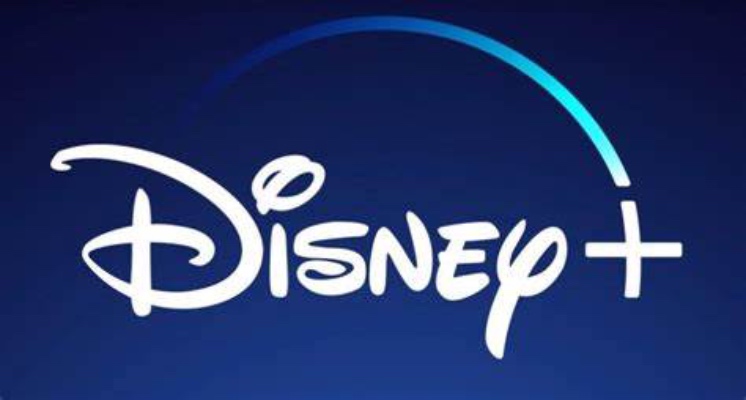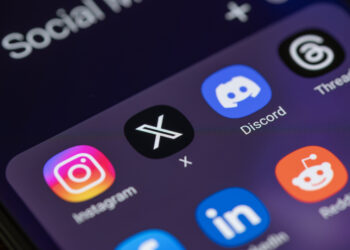A man named Dwayne Johnson – not the beloved actor and wrestler, but an alleged professional bootlegger – must pay Disney, Universal, and Netflix $30 million for copyright infringement.
The big streaming platforms sued in a group lawsuit to take down Johnson’s illegal streaming sites. The $30 million ask appeared to be a tactic to deter future bootleggers.
On March 27, the case led to documents being filed. Upon an agreement, the companies successfully placed an injunction against Johnson, refraining him from operating any service that gives users access to pirated titles.
The deal that the litigant settled is ultimately a multi-million dollar judgment for hosting two illegal streaming sites, AllAccessTV (AATV) and Quality Restreams, which were used to rip off content from the massive streaming platforms.
Shows from Disney Plus, NBC, and Netflix were unauthorized on both of Johnson’s premiere streaming applications.
In December 2021, Disney, Universal, and Netflix took action against the savvy pirate, reportedly making $3 million from AATV, a service that charges $25 monthly. Video-on-demand (VOD) services could be added for $15 per month.
On either website, users could watch Harry Potter and Jurassic Park movies and The Office on live channels and video-on-demand offerings. Some live channels enabled illegal access to major networks like HBO, Cinemax, and NBC.
Users also could download content from the platforms on their devices.
Warner Bros., Paramount, and Apple will soon join the suit as well.
Companies sue for copyright infringement to protect their intellectual property rights and to ensure that others do not profit from their work without permission.
Disney and its tenacious legal team are known for pursuing copyright infringement cases and protecting its intellectual property. The organization aggressively enforces its copyrights through lawsuits, believing any infringement goes after its valuable intellectual property.
As of March 2023, Disney+ has 161.8 million subscribers globally, according to Demand Ages. Disney+ registered a revenue of about $2 billion as of the fourth quarter of 2022, with a yearly revenue of $7.4 billion in 2022.
Suppose a company believes another individual or organization has used copyrighted material without permission. In that case, it may take legal action to prevent unauthorized use and seek damages for any profits the other party may have gained from the infringement. This helps to deter others from engaging in similar activities and protects the company’s financial interests and reputation.
Additionally, companies may sue for copyright infringement to maintain control over their brand and ensure that their products or services are not misrepresented or used in a way that could harm their business or their customers. Companies can maintain a competitive advantage and protect their valuable intellectual property by enforcing their copyright rights.
In the lawsuit, it is suggested that Johnson knew he was running an “unlawful enterprise.” His websites gave the appearance of offering VPN software as opposed to movie subscriptions.
Under U.S. copyright laws, intentional copyright infringement can result in civil and criminal penalties.
Civil penalties for copyright infringement can include monetary damages, which can be substantial, and an injunction to prevent a further breach. The copyright owner can also recover attorney’s fees and court costs.
Criminal penalties for intentional copyright infringement can include fines and imprisonment. In some cases, the infringer may face felony charges, resulting in up to five years in prison and fines up to $250,000 per offense, according to Justia.
Hollywood Reporter stated, “if copyright infringement is willful, the owner is entitled to statutory damages of up to $150,000 per infringed work.”
It is important to note that intent can be difficult to prove, and a person may be found liable for copyright infringement even if they did not intend to infringe. This is because copyright infringement can occur through various actions, including copying, distributing, or publicly performing copyrighted material without permission, regardless of whether the infringer knew they were violating copyright law.
Intentional copyright infringement is a serious offense with significant legal and financial consequences. It is always best to respect intellectual property rights and to obtain permission or a license before using someone else’s copyrighted material.















